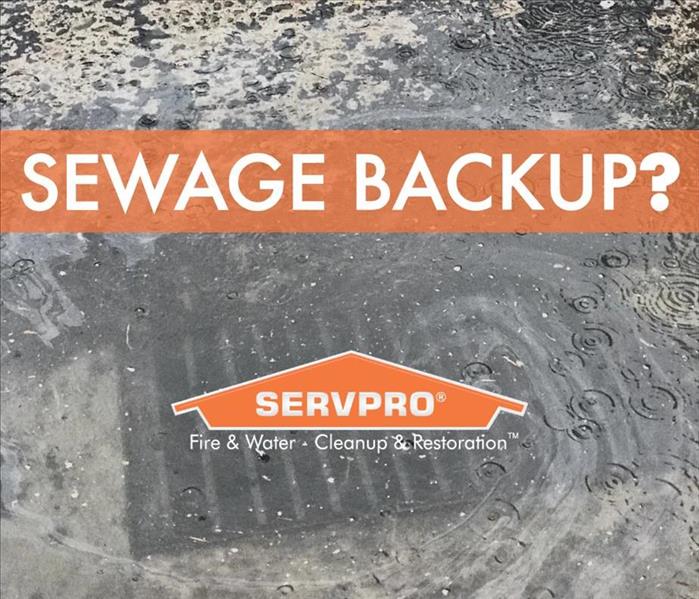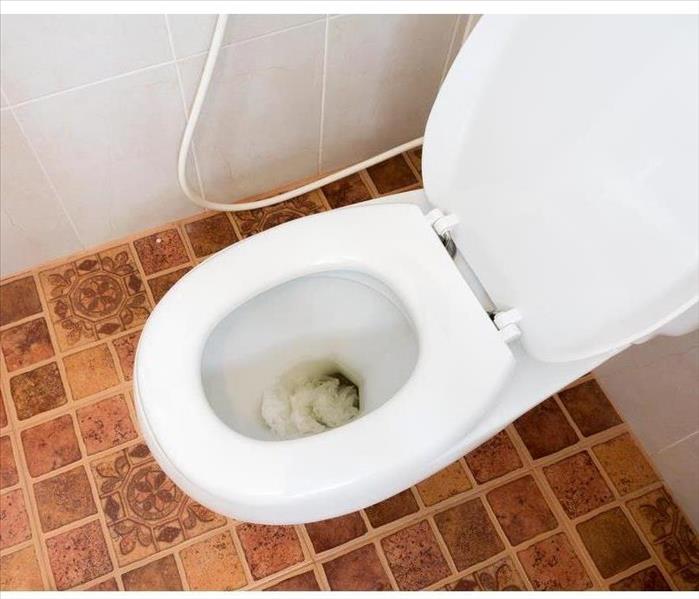What to Do After a Sewage Backup
11/2/2022 (Permalink)
What to Do After a Sewage Backup
Sewage backups can be nasty, but you can avoid further damage by acting quickly. Sewage backups are one of the worst things that can happen to your home. But if you act quickly, you may be able to limit the damage and keep yourself safe.
If your home or business in DeLand, FL, has experienced a sewage backup, follow these steps:
Stay Safe
Sewage water is full of bacteria and viruses, so it is important to make sure you stay safe after a sewage loss. This means avoiding contact with anything that was in contact with the sewage water, as well as any tap that may have been contaminated by sewage.
- Do not touch anything that has come into contact with water.
- Don't use appliances or electronics that were in contact with water.
- Don't use anything that was in contact with water unless it has been cleaned by a professional cleaning service. These include clothes, towels, bedding, food items (including canned goods), kitchen utensils, and eating utensils.
- Do not drink from taps
Stay Out of Contaminated Areas
If you have had a sewage backup in your home, do not go into any areas that were contaminated by the flood water. These include the room where the sewage backup occurred and any rooms that were flooded with sewage (even if only partially).
If you can't avoid these areas, wear protective gear such as thick gloves and rubber boots when entering them.
Call a Professional Cleanup Company
If you've found yourself in this unfortunate situation, the first step should be calling a professional cleanup company. They'll know what to do and how to clean up your home or business after a sewage backup. You may have some questions about what kind of equipment they use and whether it's safe for people with allergies or other sensitivities. The good news is that most professionals will work with you to make sure everyone involved is protected from exposure risks.
If you're worried about insurance companies, don't be! A professional cleanup service can assist when filing claims with your insurance provider. So, in addition to helping get rid of the mess itself, these pros can help keep everything else on track when it comes time for reimbursements!
Contact Your Insurance Company
The next thing you should do after a sewage backup is contact your insurance company. They need to know about the incident as soon as possible, so give them as much information as possible and make sure you have your insurance policy number handy. If you don't have insurance, call a professional cleanup company immediately instead of trying to clean up the mess yourself—it's just not worth the risk!
Act Quickly
If sewage backs up into your home, you need to act quickly to prevent further damage and limit further risks. A sewage backup can be very dangerous: it contains bacteria, viruses, and parasites that can cause serious illness.
Sewage backups can be devastating, but they don’t have to be. If you act quickly, you can minimize the damage and keep your home safe from potentially harmful bacteria. It’s important to stay out of contact with contaminated areas until a professional cleanup company arrives on the scene. Once that happens, it’s time for them to do their job so you can get back into your daily routine as soon as possible!






 24/7 Emergency Service
24/7 Emergency Service

